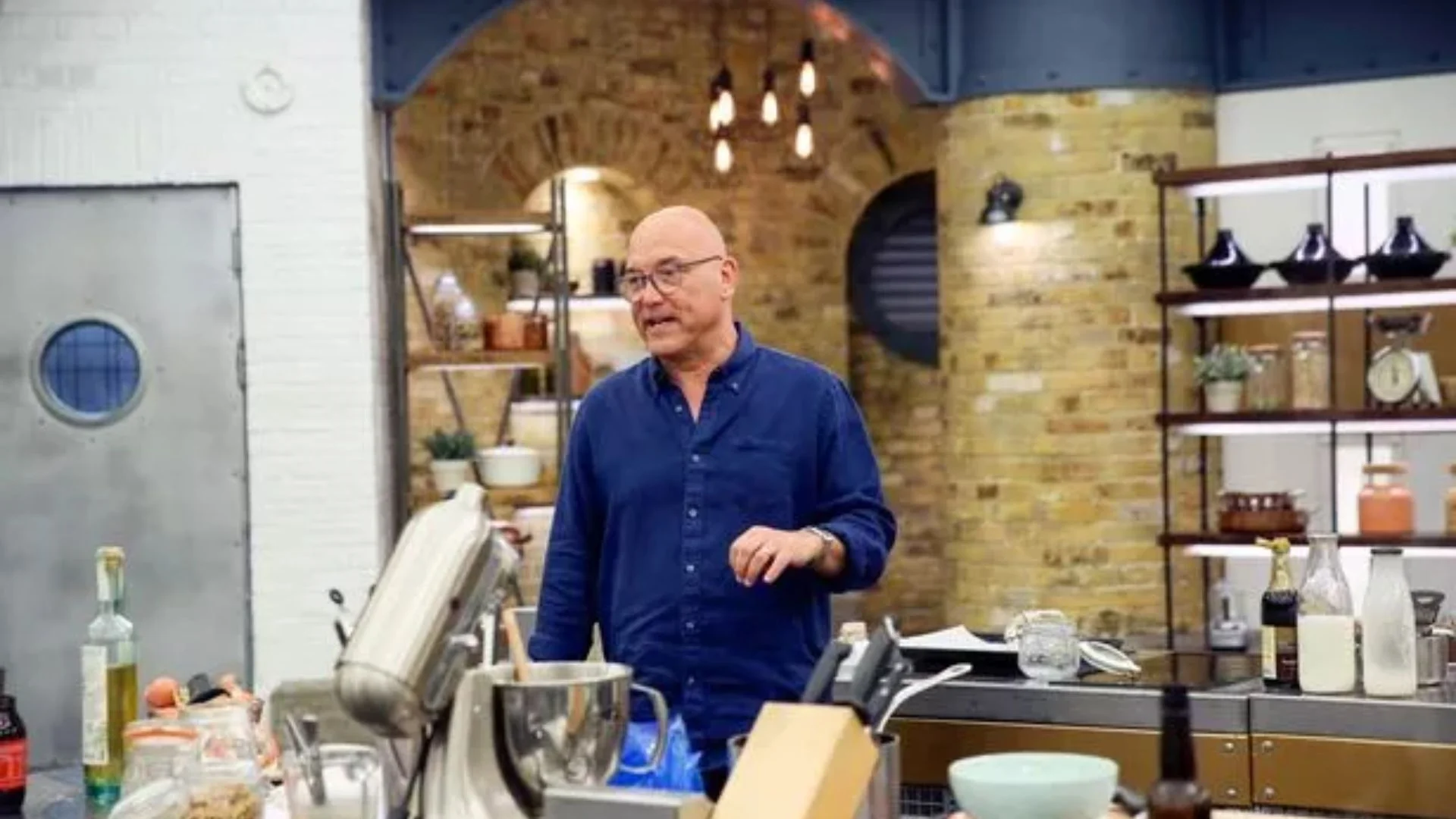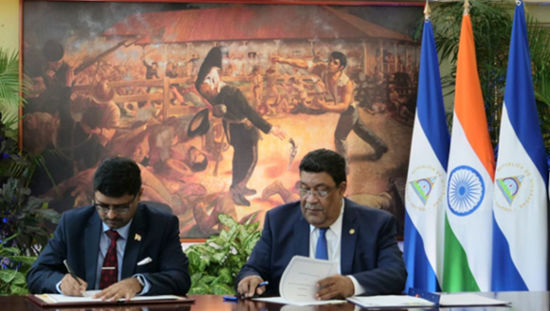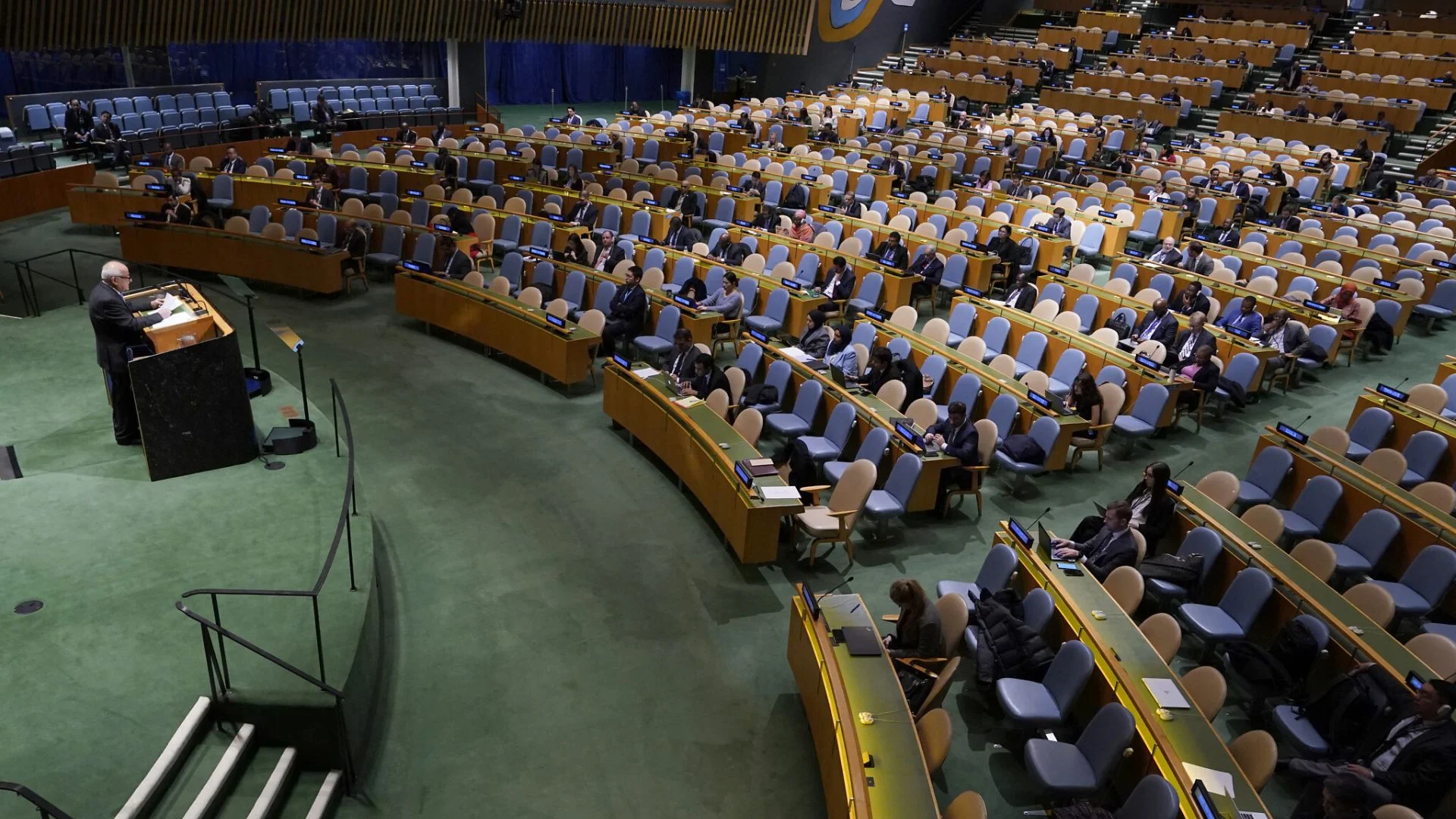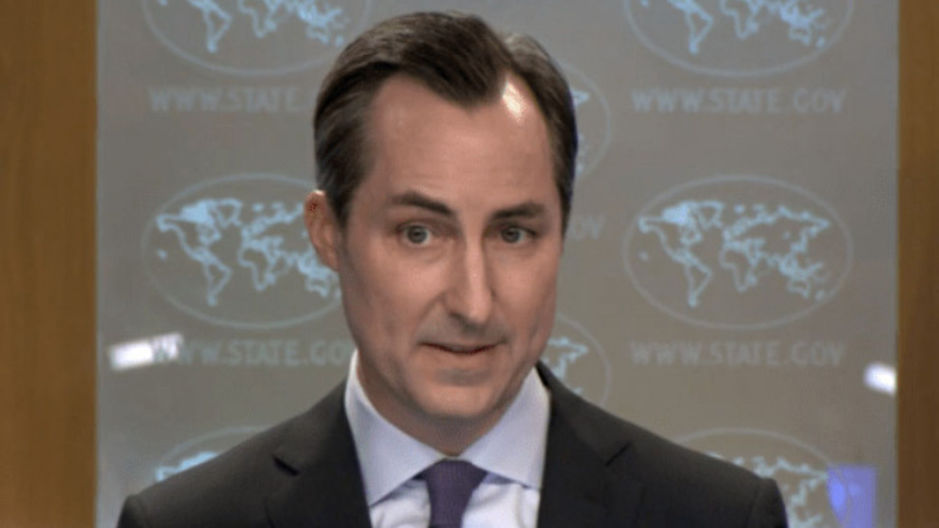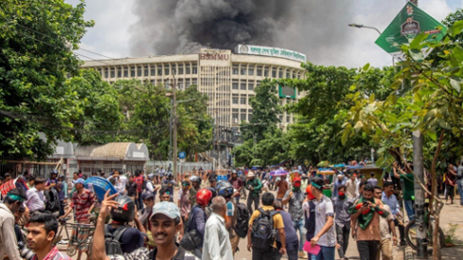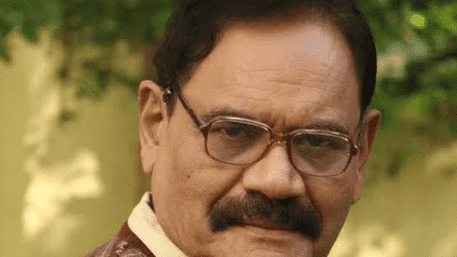BBC has rejected calls to suspend Gregg Wallace from its scheduled programming, even as the MasterChef presenter apologised for remarks perceived as dismissive and misogynistic. Wallace, 60, is facing allegations of making inappropriate sexual comments and touching, which are currently under investigation.
Downing Street weighed in on the controversy, labeling Wallace’s comments where he attributed the complaints to “middle-class women of a certain age” as “misogynistic.” Despite mounting pressure, including from the Labour Party and industry professionals, the BBC confirmed that MasterChef episodes, including a Christmas special, will air as planned.
A BBC spokesperson emphasized that the show’s impact transcends any single individual, stating, “MasterChef is life-changing for its participants.” The statement followed Wallace’s apology, in which he admitted he was under significant stress when he made the controversial remarks. He expressed regret, saying, “I felt alone and under siege. I hope you’ll accept this apology.”
Wallace has temporarily stepped back from his MasterChef role as Banijay, the show’s production company, investigates the allegations. The inquiry, led by law firm Lewis Silkin, will examine multiple claims of misconduct. Wallace’s legal team has denied any wrongdoing.
Despite the BBC’s stance, critics argue that broadcasting the show during the investigation sends the wrong message. Elizabeth Gardiner, CEO of the whistleblowing charity Protect, said, “Continuing as usual could undermine trust in the process and discourage future whistleblowers.” Similarly, former MasterChef finalist Juanita Hennessey suggested pausing the show out of respect for the alleged victims.
Political figures, including Labour MP Rupa Huq, echoed these sentiments, urging the BBC to consider the potential impact on viewers and victims. “Broadcasting these episodes now could be triggering,” Huq said.
Philippa Childs, head of the media union Bectu, criticized the decision to proceed with the show, calling for systemic change in how the industry handles misconduct allegations. She noted, “This situation underscores the need for broadcasters to take meaningful action to address inappropriate behavior.”
The BBC remains firm in its decision, but the controversy has intensified discussions about accountability and the treatment of misconduct allegations in the media industry.

